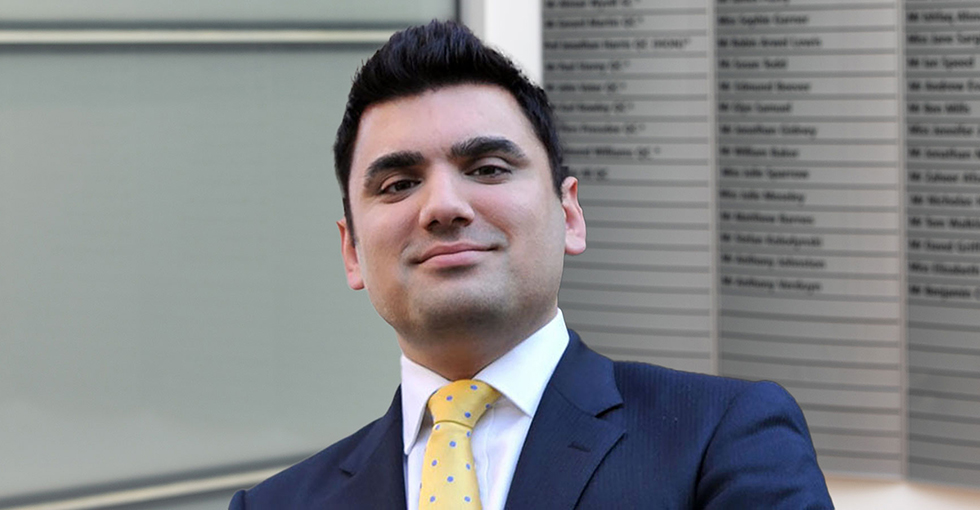Welcome to the first quarterly case update from the Probate and Trusts team at St Philips.
We hope that you find it helpful and informative. This update has been written by Christopher Buckingham TEP (cbuckingham@st-philips.com). General enquiries can be sent to: commercial@st-philips.com.
Supreme Court
Rukhadze v Recovery Partners GP Ltd [2025] UKSC 10: Lengthy decision from a panel of 7 UKSC Justices on “the profit rule” – i.e. the obligation on trustees and fiduciaries to account for profits made from that position (and which are held on constructive trust) in the absent of the fully informed consent of the beneficiary/ principal. The appellants sought to argue that liability should depend upon a “but-for” test of causation, which would have represented a significant departure from the strictness of the profit rule as hitherto understood and applied. The appeal was dismissed in favour of orthodoxy. Nevertheless, the judgment of Lord Briggs is well worth reading for anyone working in the area of equity/trusts for a helpful reminder of the law in this area.
High Court
Bonham v Stringer [2025] EWHC 28 (Ch): Decision of HHJ Matthews concerning a Will in which Trustees were directed to divide the residuary estate into “four parts of equal value” which were then articulated (i) – (iii). HHJ Matthews held, as a matter of construction, the word “four” should be read as “three”; the words used did not demonstrate an intention on the part of the testator to create a partial intestacy.
Howells v Newport City Council [2025] EWHC 22 (Ch): Widely-reported decision arising out of the alleged loss in a landfill site of a hard drive containing a private key to a vast Bitcoin fortune. The claim, for delivery of the hard drive or access to excavate the site, was struck out. It appears that the claim was pleaded on multiple bases (for example, proprietary restitution and a constructive trust), but all fell at the hurdle of the Control of Pollution Act 1974.
Osborne v Osborne [2025] EWHC 455 (Ch): Interesting s 50 removal application involving siblings and joint executors. After a refreshingly brief summary of legal authorities, Leech J held that D should be removed because of a conflict between his personal interests and duty.
Packer v Packer [2025] EWHC 461 (Ch): Rather tragic case between the widow and sister of a man who had been suffering from an incurable cancer. A pleading issue (as to the identity of the witnesses of a Will) was sufficient to determine the matter against the sister. Without prejudice to that issue, the Deputy High Court Judge would not have found formal validity in accordance with the Wills Act 1837 (alternatively would have applied the presumption of revocation in respect of the lost Will).
High Court Continued
Patel v Patel [2025] EWHC 560 (Ch): A decision of HHJ Matthews concerning funeral arrangements as to which the executors could not agree. The Deceased’s Will appointed his children, C and D, as executors but gave no directions as to a funeral. C wished to cremate the Deceased and scatter the ashes in England. D wished to have the Deceased’s body buried in India. Held: i) where executors cannot agree, s 115 of the Senior Courts Act and the Court’s inherent jurisdiction provide bases for intervention by the Court; ii) bearing in mind the Deceased’s greater closer connection with England and the preponderance of family views, there would be a cremation with ashes scattered in this country. At [14] the Judge rightly noted “Disputes between surviving relatives of a deceased about the funeral arrangements are a tragedy for all concerned. They cause great sadness, even anguish, they prevent the relatives coming to terms with their grief and moving on with their lives, and they often cost a great deal of money. On top of all that, they need to be resolved as quickly as possible, because, whilst the body remains undisposed of, lives are on hold, and resources (usually public resources) are tied up which could be used to assist others.” As to costs ([2025] EWHC 620 (Ch)) both sides would be indemnified by the estate.
Hanson v Coleman [2025] EWHC 116 (Ch): Another decision on costs following a successful s 50 removal application in which Ds argued that an exemption clause in the Will should exempt them from personal liability to C in costs. Held: the exemption clause did not assist Ds because there was no relevant loss; Ds had been objectively unreasonable in defending the proceedings and should be deprived of their indemnity; Ds would be ordered to pay C’s costs on the standard basis.
White v Williams [2025] EWHC 1115 (Ch): An unusual construction question arising in circumstances where D (the Deceased’s estranged son) refused to accept his one sixth share of the residuary estate, but did not sign a notice of disclaimer or respond to the proceedings. Held: that on a proper construction of the Will D’s share should be distributed between the other residuary beneficiaries.
Ashimola v Samuel [2025] EWHC 502 (Ch): The startling and memorable way in which this decision of Deputy Master Linwood begins has attracted considerable attention: “This is an unusual probate claim in that the deceased says she is very much alive.” D1 held a probate power of attorney for D2, the latter having allegedly married C1 (the purported Deceased) in 1993. The Court held that C1 was alive but had never been married to D2 – key documents such as the marriage certificate and death certificate were held to be forgeries – furthermore, the Court held that D2 did not even exist and so the power of attorney relied on was also a forgery! The Court revoked the grant of letters of administration under ss 25 and/or 121 of the Senior Courts Act and/or its inherent jurisdiction.
Decisions of High Court Masters
Aslam v Seeley [2025] EWHC 24 (Ch): Costs decision following a s 50 removal application (unusually where C had sought her own removal in light of an impasse with D1). After a helpful review of authorities on costs in this context (from [31]) it was held that C had acted reasonably in bringing the proceedings and should have her costs from the estate. D2 was permitted to recover some of her costs (again from the estate, albeit it was affirmed that the Court had power to order payment from a specific beneficiary’s share).
Disclaimer: This article has been prepared for informational purposes only, is general in its nature and should not be construed and/or relied upon as giving legal advice.










